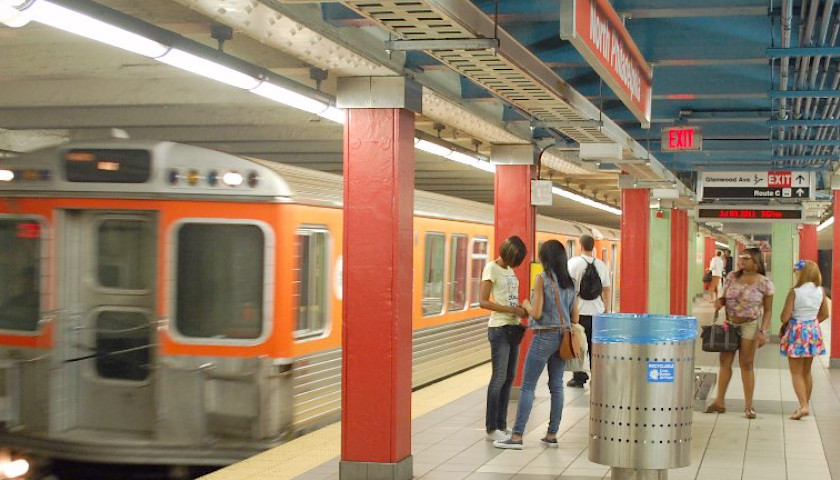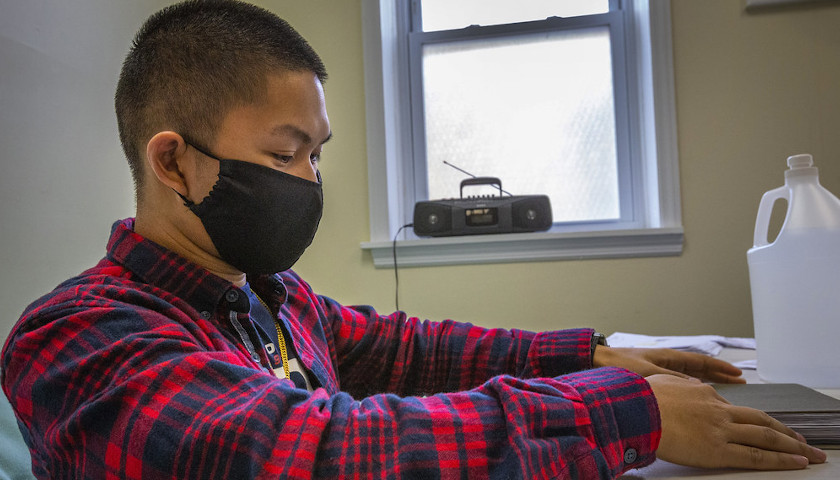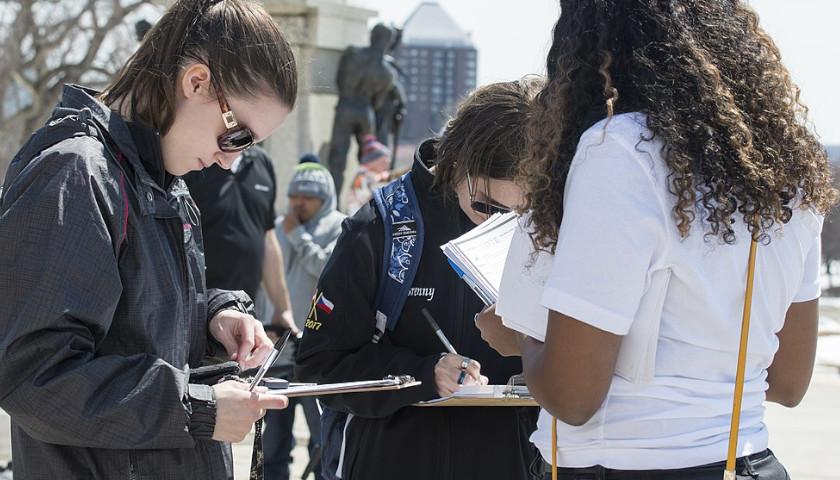by Anthony Hennen
As transit agencies across the country struggle to recover from pandemic-induced ridership loss, getting back to the basics of reliability might matter most.
A new report from Moovit, a trip-planning app, analyzed user data in 2022 in 10 major American cities. Transit riders complained of unreliable systems, fare prices, trip time, safety, and cleanliness, among other issues.
The complaints present a serious problem for transit agencies still reeling from commuters working from home more and ridership plummeting. In Philadelphia, average weekday ridership in 2022 is only 57% compared to its 2019 levels, according to SEPTA data. In Pittsburgh, bus ridership is 46% lower compared to 2019, as The Center Square previously reported.
While employers granting remote work flexibility has meant fewer commuters, workers have also shifted to driving instead of using public transit. To persuade Pennsylvanians to return to a train or bus, transit agencies will have to work harder.
“Almost three years ago, COVID very quickly disrupted people’s travel habits and urban congestion plunged. Moovit’s report shows that in 2022 people ventured around their cities once again, but are experiencing less efficient commutes,” Yovav Meydad, Moovit’s chief growth and marketing officer, said in a press release.
The trouble in Philadelphia and Pittsburgh has some common themes, but the emphasis differs in what would sell riders on returning.
In Philadelphia, the issue that mattered most was accurate and reliable arrival times that follow the SEPTA schedule, with 19% support. Lower-cost fares got almost 18%, followed by shorter trip duration time at 14%. Personal safety, too, popped up (13%), as did greater frequency/shorter waiting times (12%).
For Pittsburghers, accurate and reliable arrival times also led with 27% support, followed by lower-cost fares (23%), and higher frequency/shorter waiting times (21%). Shorter trip times (12%) also mattered.
Of the 10 cities compared, Pittsburghers were the most focused on accurate and reliable timetables, and higher frequency/shorter waiting times. Philadelphians were most concerned about crowded buses and trains, third about cleanliness, and third most-focused on personal safety.
Philadelphia has struggled to reverse a police officer shortage in its police department and SEPTA transit police, as The Center Square previously reported. Crime on SEPTA has also increased since the pandemic, with a transit workers union strongly criticizing the city for falling short.
Not all was negative for transit riders, though. Pennsylvanians fared better than many other Americans.
The Moovit report noted that Pittsburgh has the shortest commutes of all American cities, and Philadelphia was tied for second. However, when looking internationally, the average commute in London, England was 46 minutes – only one minute more than Pittsburgh.
– – –
Anthony Hennen is a reporter for The Center Square. Previously, he worked for Philadelphia Weekly and the James G. Martin Center for Academic Renewal. He is managing editor of Expatalachians, a journalism project focused on the Appalachian region.
Photo “Philadelphia Transit” by Lexcie. CC BY-SA 3.0.





